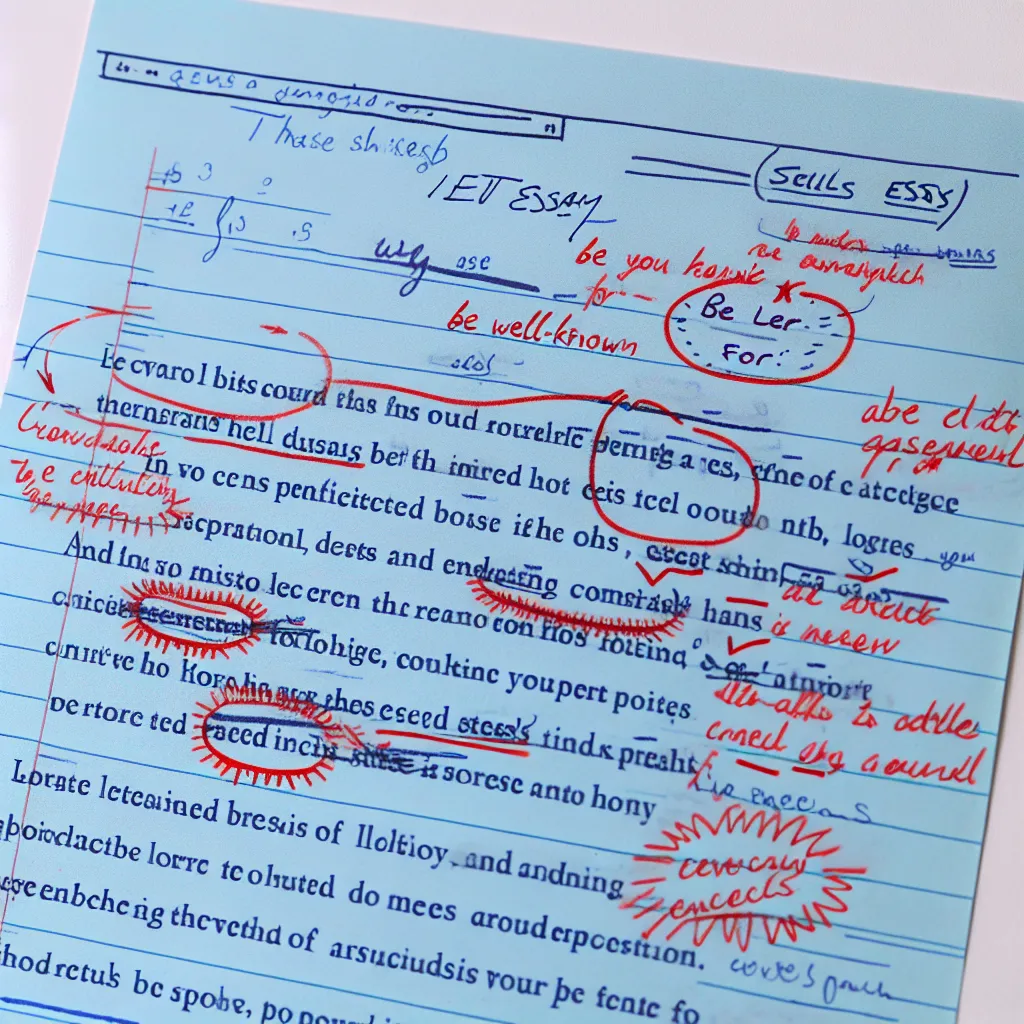The phrase “be well-known for + noun/gerund” is a common structure used to describe what someone or something is famous for. This expression frequently appears in IELTS exams, particularly in the Writing and Speaking sections. Understanding how to use this phrase correctly can significantly enhance your language proficiency and help you achieve a higher band score. Let’s delve into the details of this structure and explore its applications in IELTS.
Nội dung bài viết
Understanding the Structure and Its Importance in IELTS
The structure “be well-known for + noun/gerund” is used to highlight notable characteristics or achievements. It’s a versatile phrase that can be applied to people, places, organizations, or even concepts. In IELTS, using this structure correctly demonstrates your ability to express ideas clearly and showcase your vocabulary range.
Examples:
- Paris is well-known for its iconic Eiffel Tower.
- Leonardo da Vinci is well-known for painting the Mona Lisa.
- Japan is well-known for its technological innovations.
- The company is well-known for producing high-quality electronics.
- The university is well-known for its research in renewable energy.
In each of these examples, the structure clearly identifies what makes the subject famous or noteworthy. This clarity is crucial in IELTS, where precise communication is highly valued.
 Well-known for structure
Well-known for structure
Grammar and Usage: Mastering the Formula
The basic formula for this structure is:
[Subject] + [be] + well-known + for + [noun/gerund]
It’s important to note that the verb “be” should agree with the subject in tense and number. The noun or gerund following “for” represents the reason for fame or recognition.
Application in IELTS Writing
In IELTS Writing Task 2, you can use this structure to:
-
Introduce examples:
“Many cities are well-known for their historical landmarks. For instance, Rome is famous for the Colosseum.” -
Support arguments:
“Some countries are well-known for their environmental policies. Sweden, for example, is recognized for its sustainable practices, which has led to significant reductions in carbon emissions.” -
Discuss trends:
“In recent years, several companies have become well-known for their innovative approaches to workplace culture. Google, for instance, is renowned for its employee-friendly policies.”
Application in IELTS Speaking
In the Speaking test, you can use this structure to:
-
Describe your hometown:
“My hometown is well-known for its beautiful beaches. Tourists from all over the country visit to enjoy the pristine coastline.” -
Talk about a famous person:
“Marie Curie was well-known for her groundbreaking work in radioactivity. Her research revolutionized our understanding of atomic physics.” -
Discuss cultural aspects:
“Italy is well-known for its cuisine. Italian dishes like pasta and pizza are enjoyed worldwide.”
Enhancing Your IELTS Score with Advanced Usage
To achieve a higher band score, consider using more sophisticated variations of this structure:
- Use synonyms:
- “is renowned for“
- “is celebrated for“
- “is famed for“
Example: “The Louvre is renowned for housing the Mona Lisa, attracting millions of visitors annually.”
-
Combine with other structures:
“Not only is New York well-known for its skyscrapers, but it is also famous for its diverse cultural scene.“ -
Use in complex sentences:
“While Rome is well-known for its ancient ruins, it is equally celebrated for its modern fashion industry, showcasing how the city seamlessly blends the old with the new.”
 IELTS writing sample
IELTS writing sample
Common Mistakes to Avoid
-
Incorrect verb agreement:
Incorrect: “The Beatles was well-known for their music.”
Correct: “The Beatles were well-known for their music.” -
Using an adjective instead of a noun/gerund:
Incorrect: “The country is well-known for beautiful.”
Correct: “The country is well-known for its beauty.” -
Forgetting “for”:
Incorrect: “The scientist is well-known discovering penicillin.”
Correct: “The scientist is well-known for discovering penicillin.” -
Overuse:
Avoid using this structure too frequently in your writing or speaking. Variety in expression is key to achieving a high band score.
Conclusion
Mastering the “be well-known for + noun/gerund” structure can significantly enhance your performance in IELTS. Practice using this phrase in various contexts, and remember to combine it with other advanced structures to demonstrate your language proficiency. As you prepare for your IELTS exam, try incorporating this structure into your practice essays and speaking exercises, focusing on topics like famous landmarks, historical figures, or cultural aspects of different countries.
For further practice, consider exploring related phrases such as “be infamous for + noun/gerund”, “be famous for + noun/gerund”, and “be notorious for + noun/gerund”. These variations can add depth to your language use and help you express a wider range of ideas in your IELTS tasks.


